First-year law students like Madison Tuck started their class’s group message on GroupMe once they had an idea of who would be attending Loyola Law School in the fall. It became the place to go when anyone had questions about textbooks, scheduling or otherwise needed to laugh at a random meme.
Around the November 2020 presidential election, however, Tuck said the group message escalated to a place of political debate and heated comments, a platform where students were being hurt and offended, specifically in conversations regarding race.
Loyola’s law school is now conducting mediations and even student conduct hearings after a tumultuous few months of debates breaking out in the group chat, after students have cited insensitive remarks and racist behavior as a part of the messages, Tuck said.
Comments about White privilege, male privilege and the privilege of being heterosexual were all being thrown around, according to Tuck. Following all comments, Tuck said, were rebuttals.
She said many people defended comments by saying “I have the right to say whatever I want,” or “I didn’t mean anything by it.”
From there, the group became a place where blow ups have happened periodically since.
Loyola is now attempting to take action based on the debates that have struck its first-year law students, but Tuck said the mediations Loyola’s law school is having with its recently established Office of Diversity and Inclusion doesn’t prevent this sort of thing from happening.
“(Loyola’s) great but it’s not good at handling anything,” Tuck said.
Mary Algero, associate dean of faculty development and academic affairs declined to comment, saying that as an administrator she did not wish to comment on “student issues.”
Blaine LeCesne, associate dean of diversity, equity and inclusion, said he was also unable to comment, stating that the mediation process involves “confidential student matters.”
But a first-year law student declined to comment as well, citing that the College of Law wanted to keep the altercations confidential, and the student wanted to respect that.
Local attorney Travis Williams said Loyola and all law schools should acknowledge issues in the community that affect their student population. Williams said that when a university stands against injustice, students are more likely to follow suit.
The most recent conflict at hand happened in early March when on Texas Independence Day, one student commented “Happy Independence Day” in the group message.
Soon after, another student commented about how people could learn about underprivileged Texans in the Hispanic community on a day like Texas Independence Day.
After a few more messages acknowledging the posts before, someone commented, “Remember the Alamo.”
From there, the chat blew up, Tuck said.
People responded with anger and called the student racist. Others stood by them.
From there, there was a social media “witch hunt,” Tuck said, where pieces of people’s pasts were brought to the forum.
Once the discourse escalated in this way, many students left the chat, and students who left were called White supremacists, according to Tuck.
Tuck said she believes responses on all ends come from anger, but that the anger of people of color is rightfully held.
“I feel like there’s a lot of pressure because it seems harder to succeed because of the institution not being designed for you,” Tuck said, adding that law school is an institution “pretty stuck in tradition.”
Williams encouraged students of color to organize with one another to support their communities. He also said students from all backgrounds should interact with each other, citing that building relationships with others will allow for more understanding.
Tuck seconded Williams’ feelings. She said due to the pandemic, it’s been easier for students to hide behind a phone or computer screen without much care for who their words online affect.
The tumultuous political climate and issues of racism at Loyola come as law schools all over the country are reckoning with what it means to be predominantly White institutions and how they may better serve students of color.
ABC News reported that Georgetown University fired a law professor in early March after a video surfaced of her telling another professor that a lot of her “lower” performing students were Black.
The University of California at Irvine School of Law announced earlier this month that it will require students to take race-related coursework in order to graduate from its law school.
The University of Washington’s Law School released a statement in light of the Atlanta shootout that killed six Asian-American women. The statement said that the law school would remain vigilant to the ways anti-Asian prejudice and bias affect its community and continue “to identify effective and actionable ways to address this and all forms of prejudice, stigmatization and racism.”
Williams, who is a Black man, said that students shouldn’t have to argue why any of their lives matter. Instead of debating, he said, students should talk about race in a healthy way, adding that people need to be willing to listen to one another.
“If you start debating and arguing about why your existence matters, I think that’s where you lose the conversation,” Williams said.
As a White woman, Tuck said she can’t fully understand her classmates of color but that she gets their frustration.
“I also understand why people who have been marginalized their whole lives would not want to be kind because they’re tired,” Tuck said.
Ultimately, Tuck said she thinks these debates are systemic issues that need to be addressed and rooted out. In addition to the issues being a part of the system, however, Tuck said they are also spiritual into how deeply they tie into human identity.
“I feel like you shouldn’t be able to debate people’s identities, but that also doesn’t mean that we don’t need to learn more about them,” Tuck said.


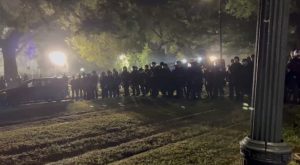


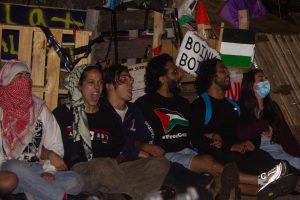
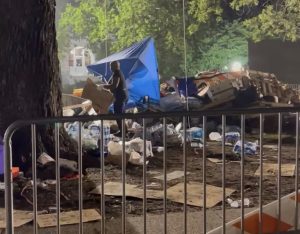
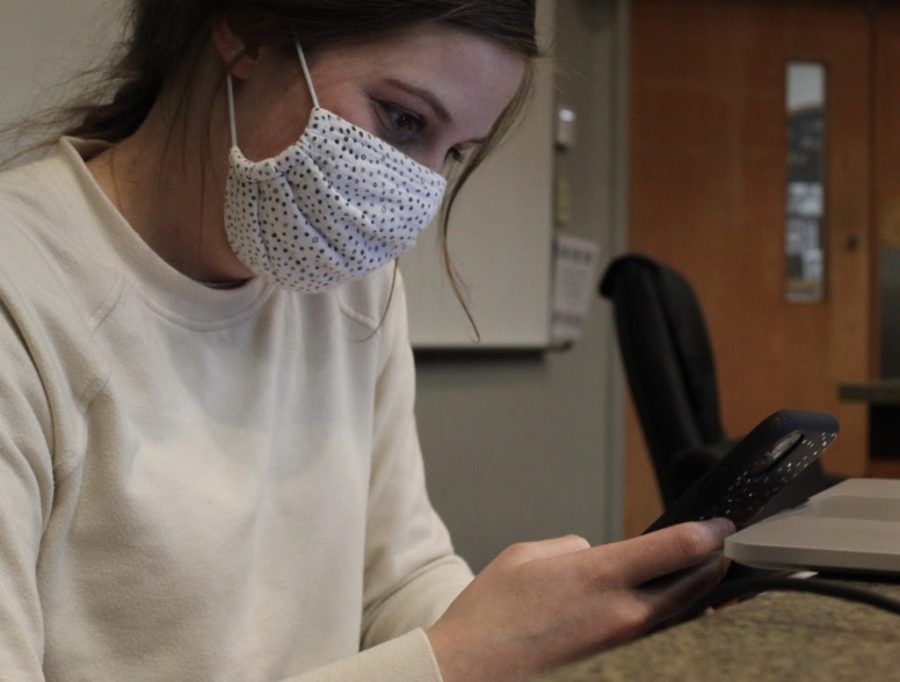

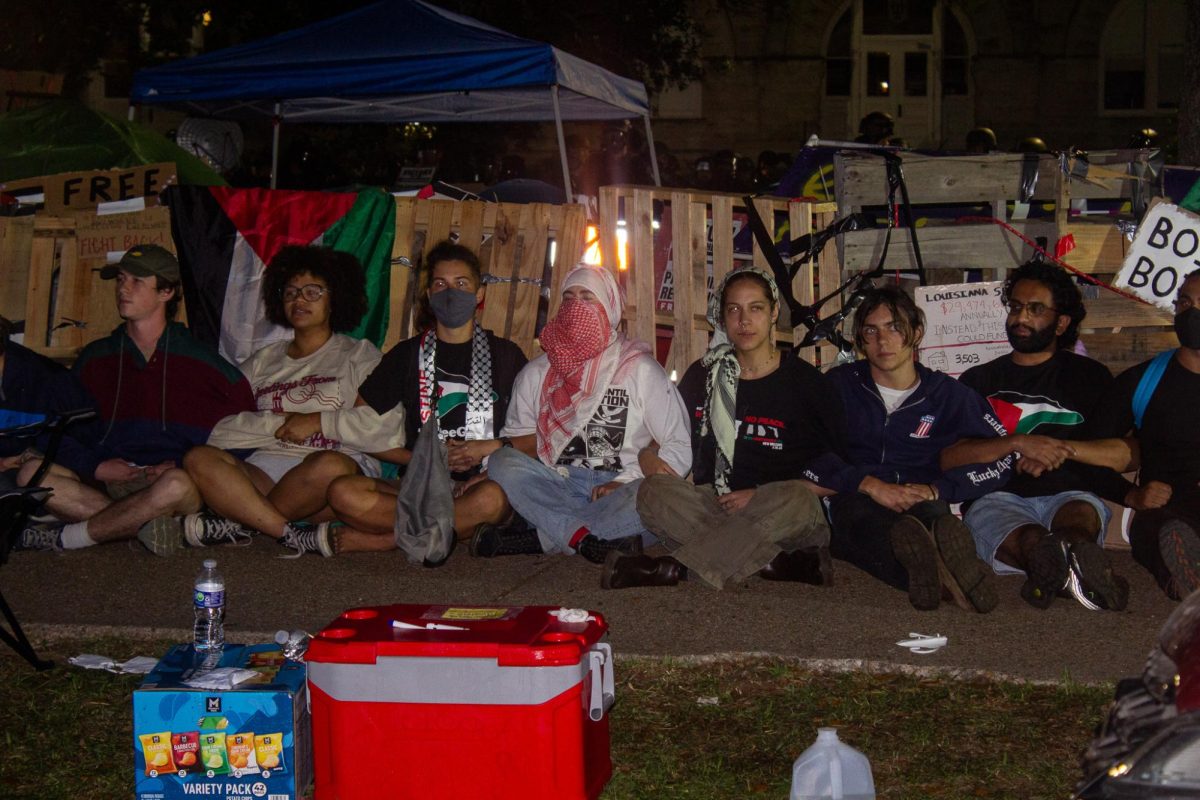
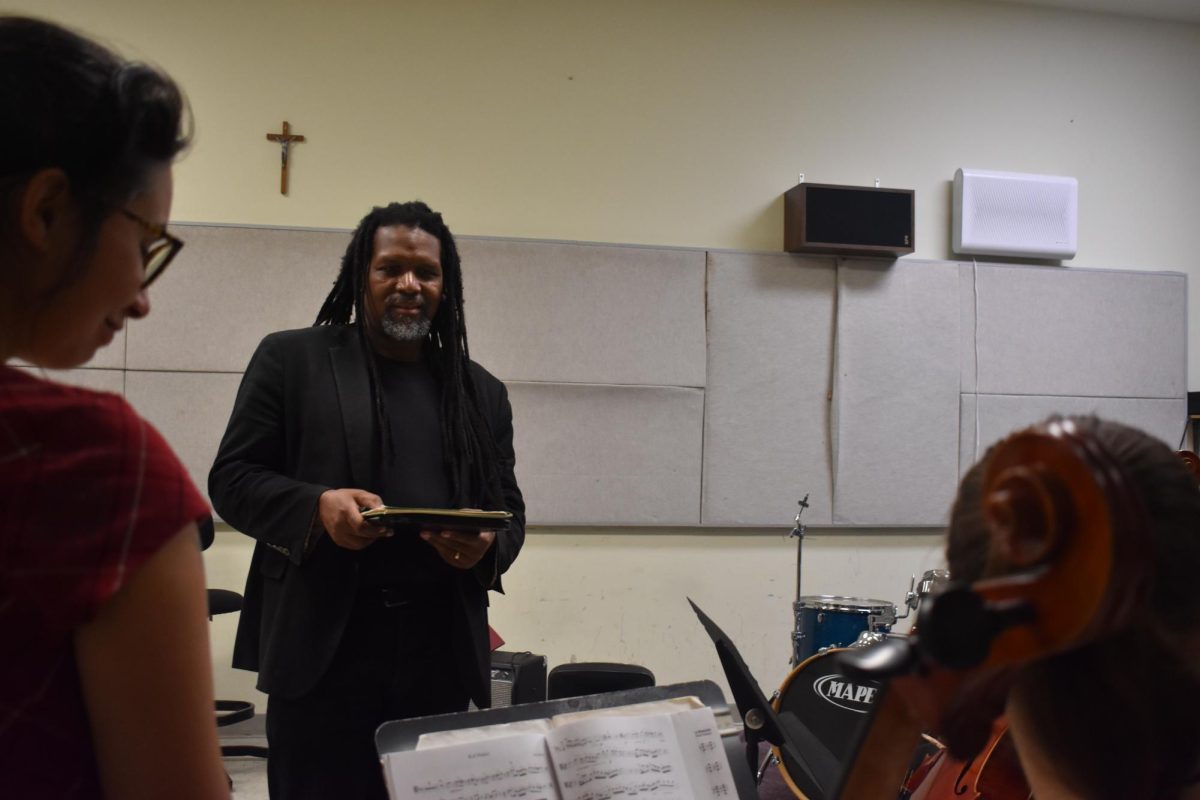
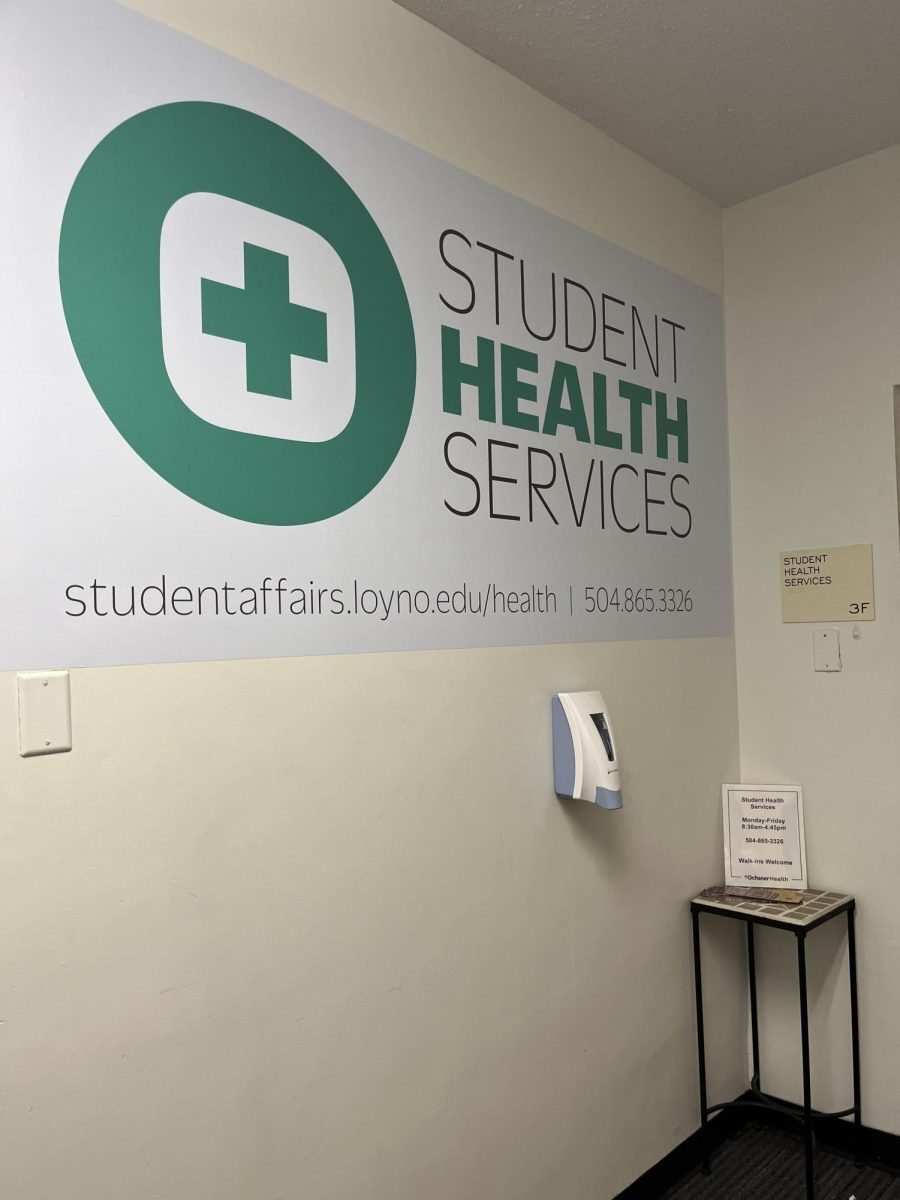
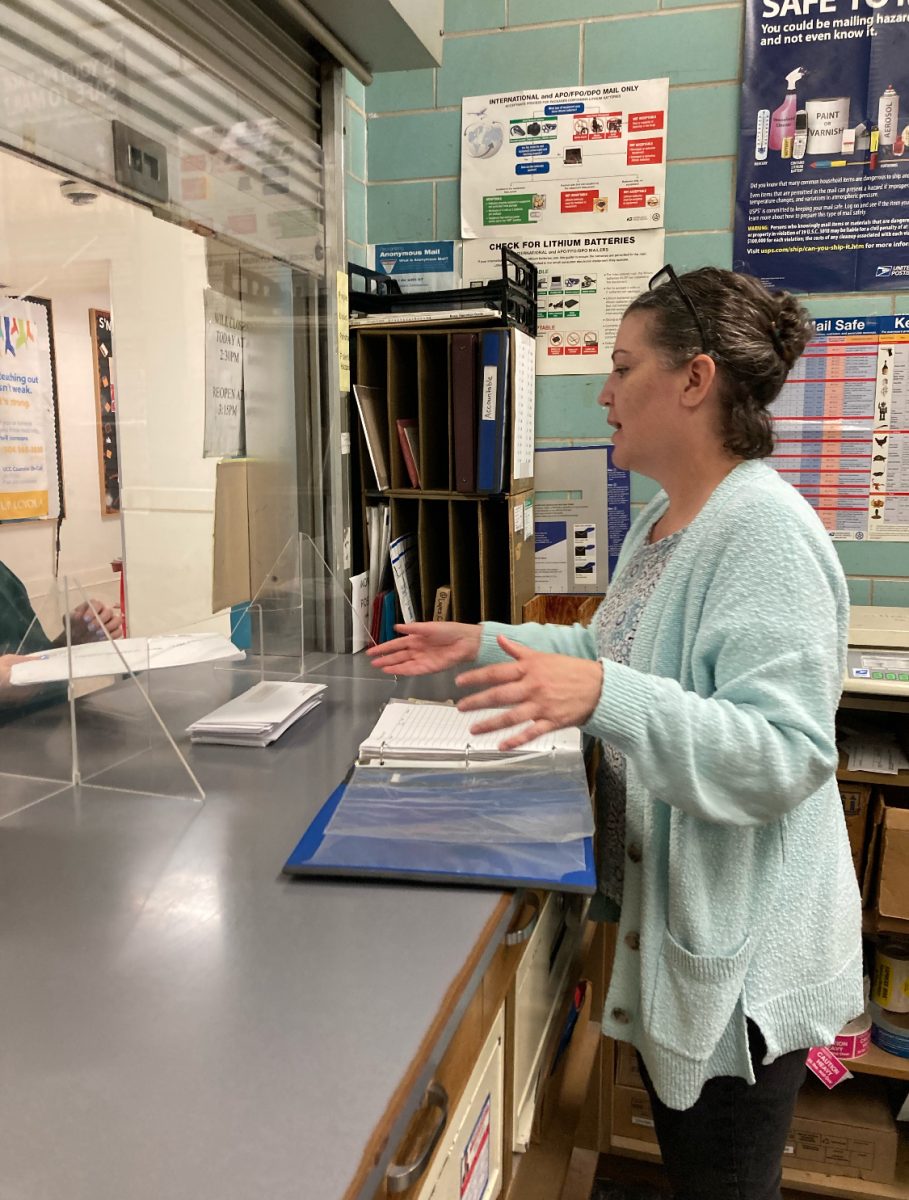

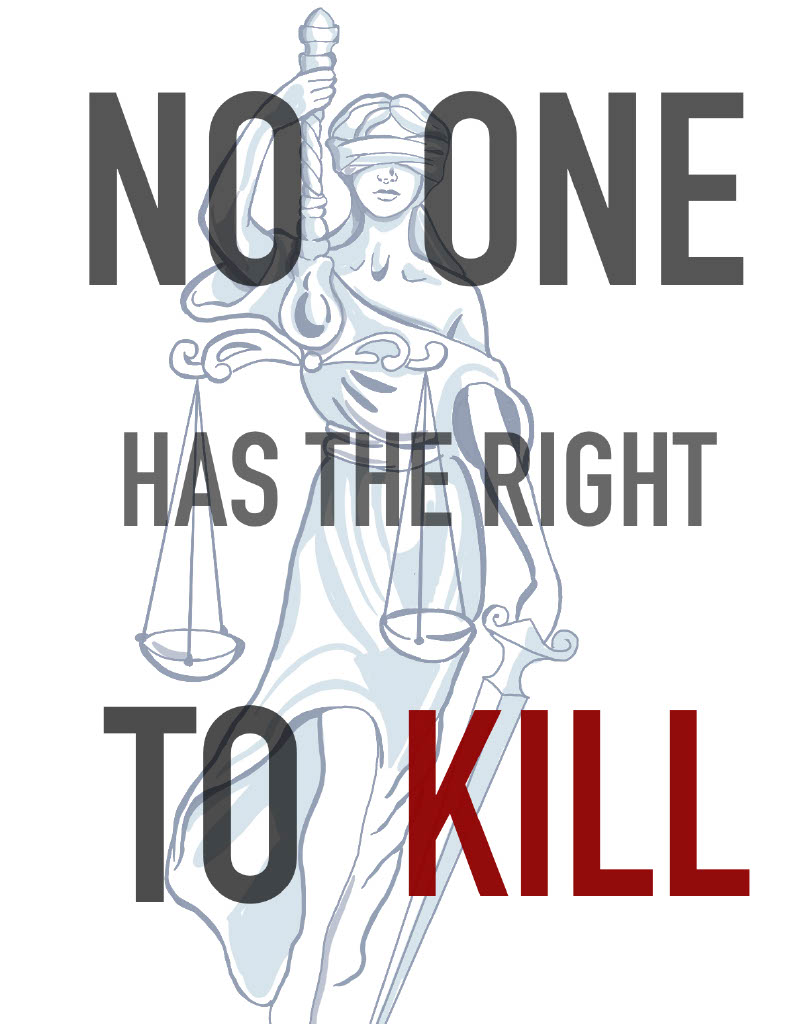
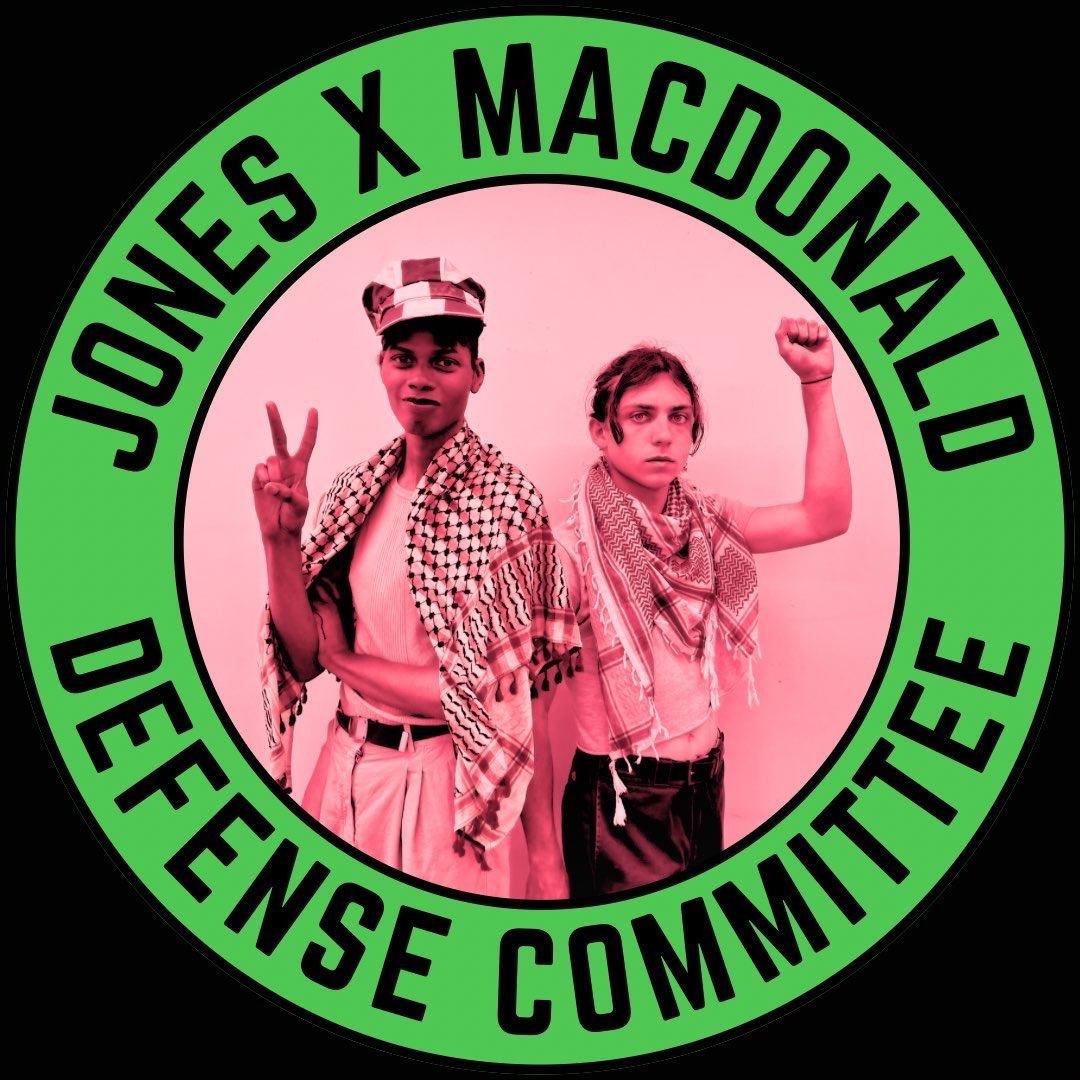
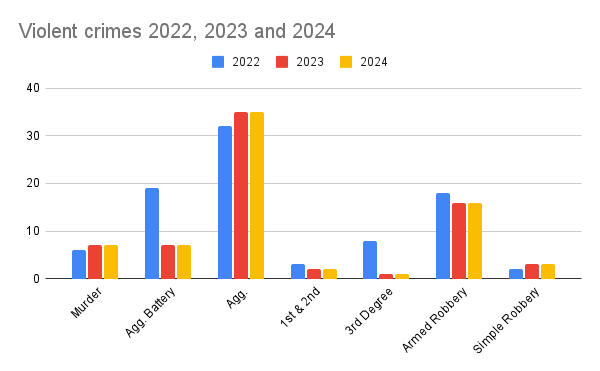
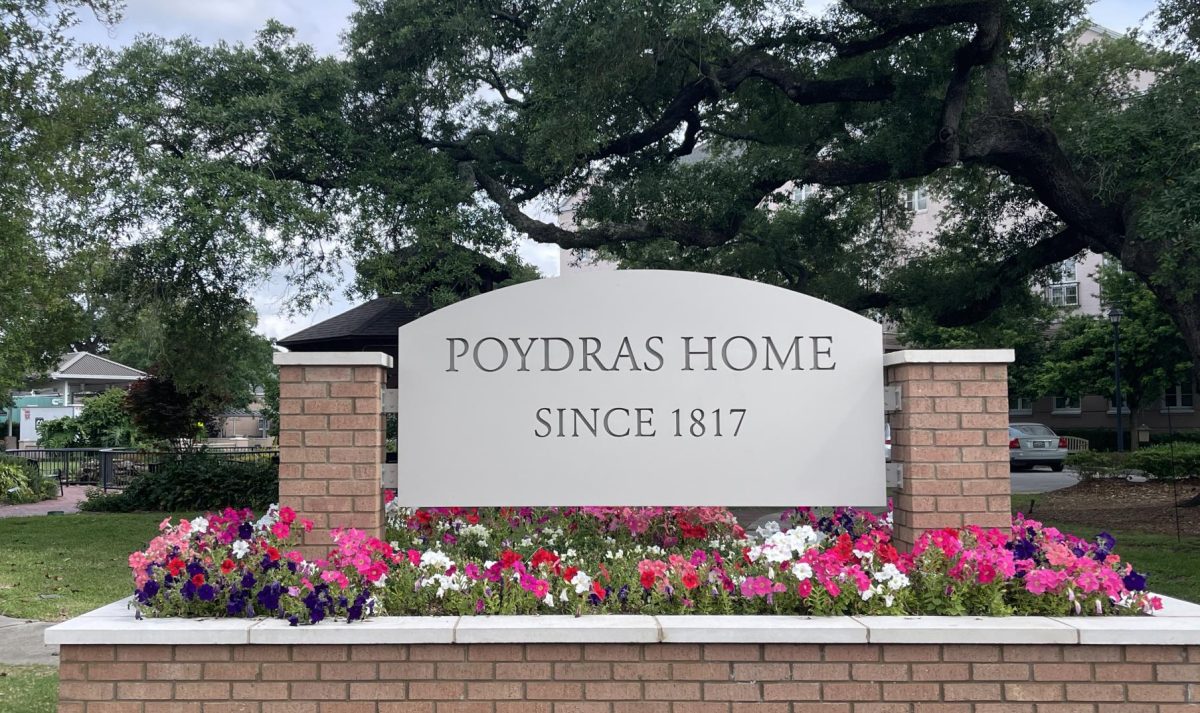
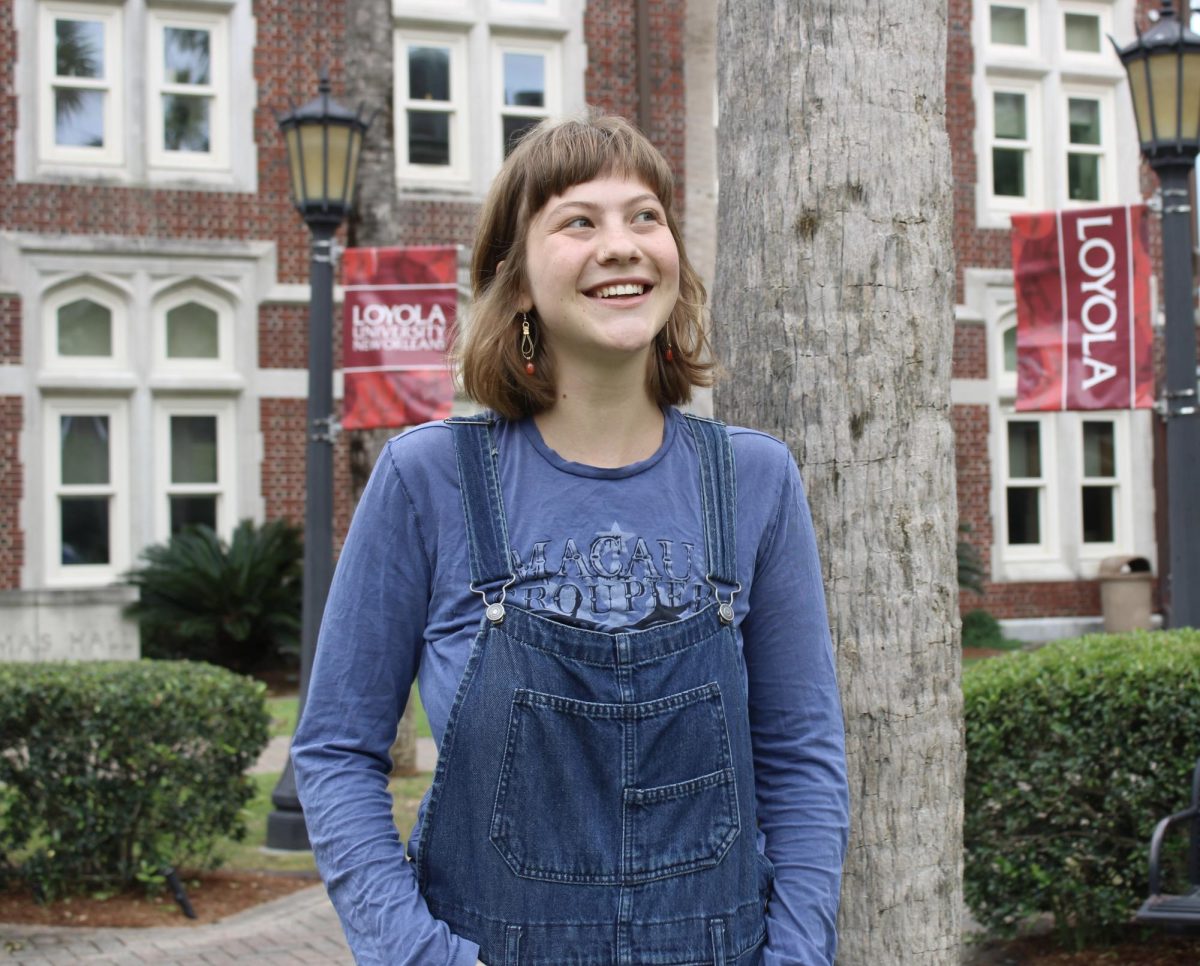
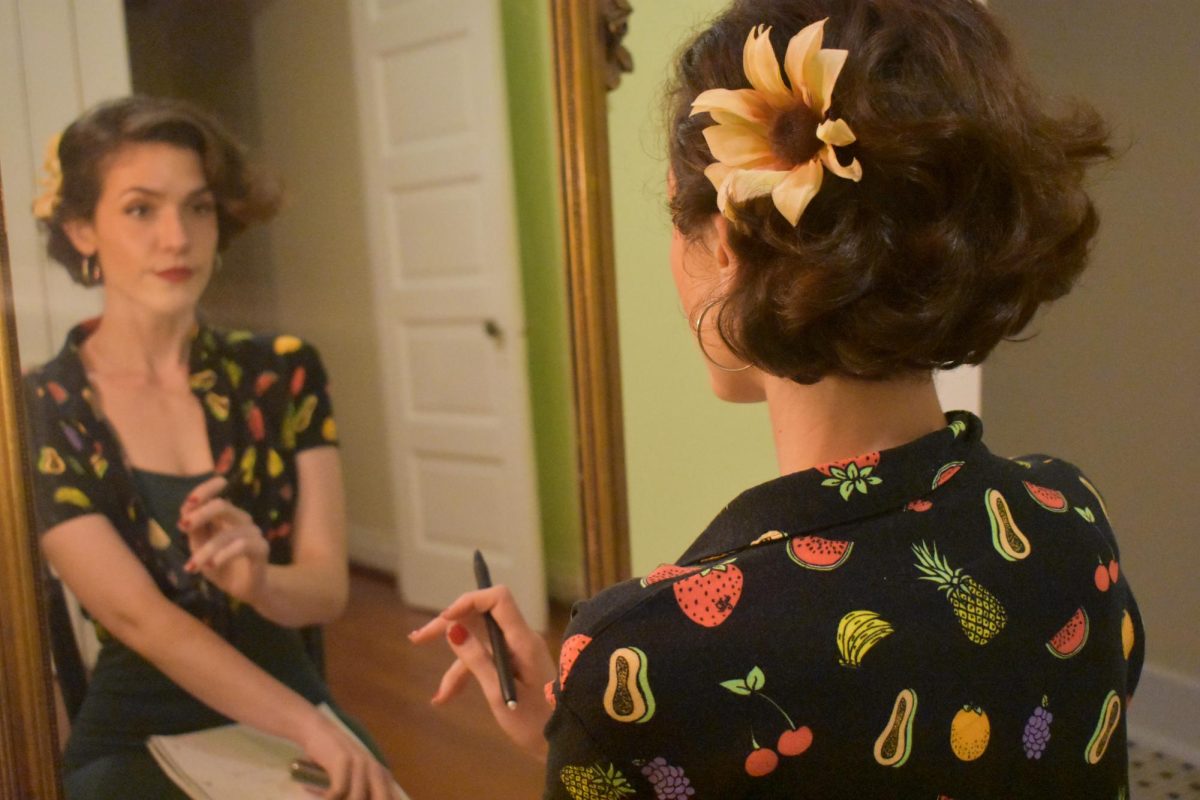
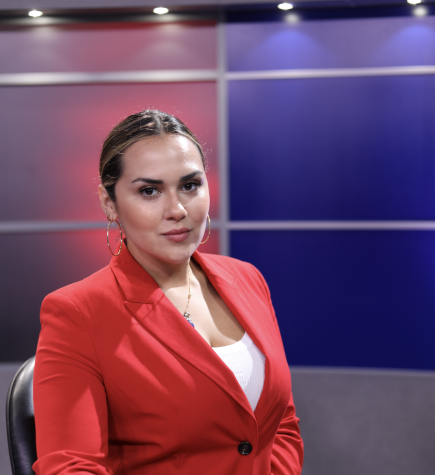
Emily Torrey • May 18, 2021 at 9:55 pm
Would love to know who thought this was ethical journalism when everyone actually directly involved refused to comment because of the seriousness of the ordeal. Shame on everyone who made this article happen and do better.